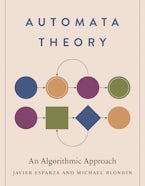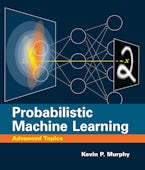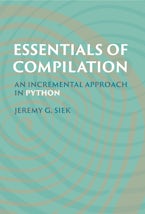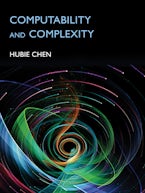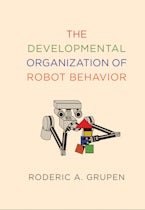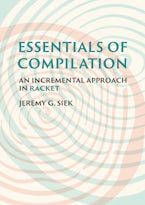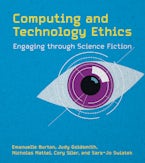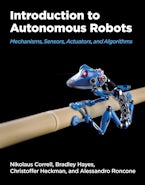This book presents the full, self-contained negative solution of Hilbert's 10th problem.
At the 1900 International Congress of Mathematicians, held that year in Paris, the German mathematician David Hilbert put forth a list of 23 unsolved problems that he saw as being the greatest challenges for twentieth-century mathematics. Hilbert's 10th problem, to find a method (what we now call an algorithm) for deciding whether a Diophantine equation has an integral solution, was solved by Yuri Matiyasevich in 1970. Proving the undecidability of Hilbert's 10th problem is clearly one of the great mathematical results of the century.This book presents the full, self-contained negative solution of Hilbert's 10th problem. In addition it contains a number of diverse, often striking applications of the technique developed for that solution (scattered previously in journals), describes the many improvements and modifications of the original proof - since the problem was "unsolved" 20 years ago, and adds several new, previously unpublished proofs. Included are numerous exercises that range in difficulty from the elementary to small research problems, open questions, and unsolved problems. Each chapter concludes with a commentary providing a historical view of its contents. And an extensive bibliography contains references to all of the main publications directed to the negative solution of Hilbert's 10th problem as well as the majority of the publications dealing with applications of the solution. Intended for young mathematicians, Hilbert's 10th Problem requires only a modest mathematical background. A few less well known number-theoretical results are presented in the appendixes. No knowledge of recursion theory is presupposed. All necessary notions are introduced and defined in the book, making it suitable for the first acquaintance with this fascinating subject.



